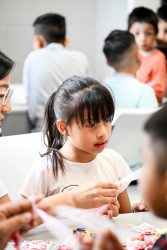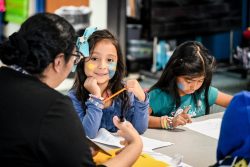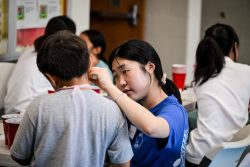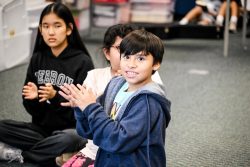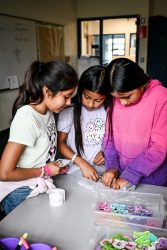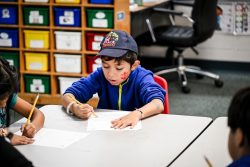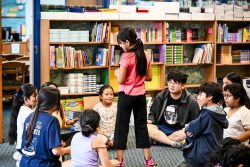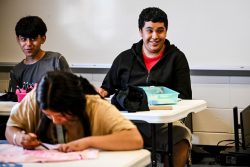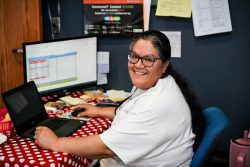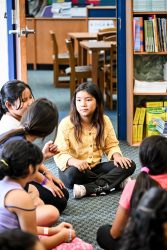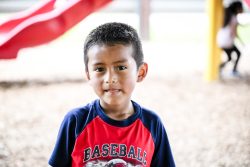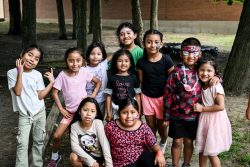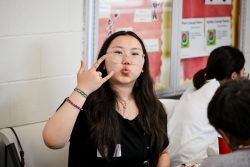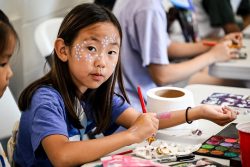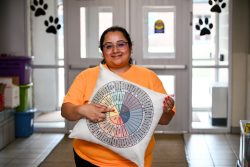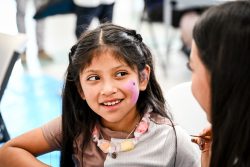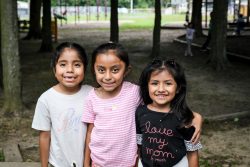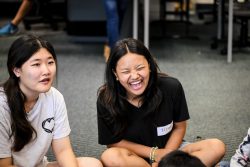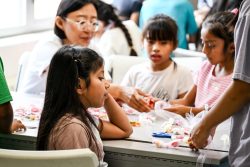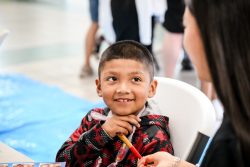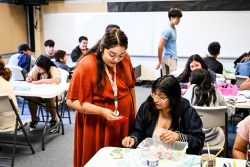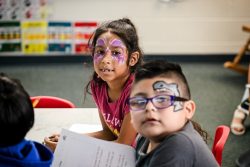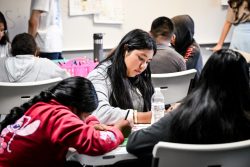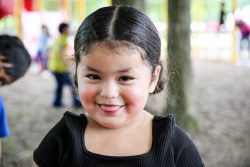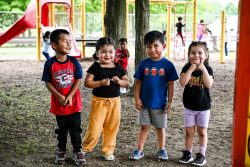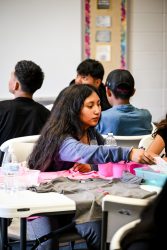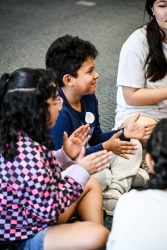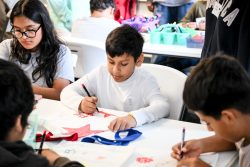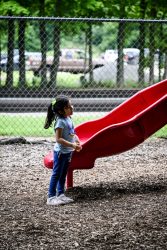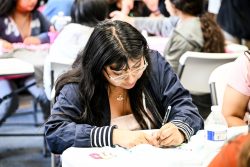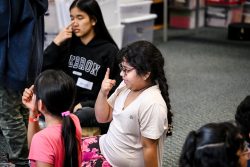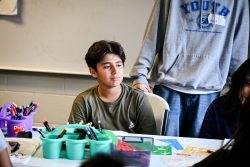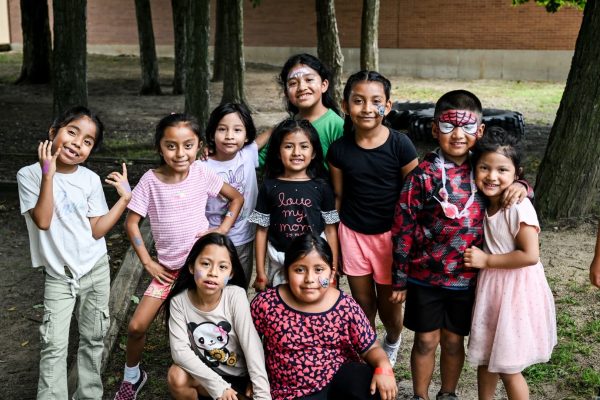Project Nomad: Building Belonging and Opportunity for Migrant Students in Van Buren County
The Van Buren ISD Migrant/Multilingual Department plays a vital role in ensuring educational access and equity for students and families with diverse cultural and linguistic backgrounds—especially those who experience frequent transitions due to seasonal agricultural work.
As part of the federally funded Title I-C Migrant Education Program, the department serves children and youth ages 3 through 21 across eight school districts in Van Buren County. Its mission is clear: to provide continuity of learning and support so that no student is left behind, no matter where the season takes them.
Listen to our Deep Dive Podcast:
A Summer of Learning, Connection, and Support
Each summer, the department operates Project Nomad, a 32-day school program that runs from late June through early August, alongside an extended home-based instruction model. While the in-person program focuses on academics, enrichment, and community building, the home instruction continues well beyond the summer—offering credit recovery, English as a Second Language (ESL) support, and individualized outreach to students who can’t attend in person due to work or family responsibilities.
But Project Nomad is much more than a summer school—it’s a vibrant community. Educators, volunteers, and partner organizations come together to create a nurturing, engaging, and safe environment where students can thrive academically, socially, and emotionally.
Partnerships That Make a Difference
One of the most remarkable partners is the Korean Presbyterian Church, whose members travel from cities such as Detroit, Chicago, Toledo, Ann Arbor, and Paw Paw to support students. They bring meals, clothing, school supplies, hands-on activities, and even a doctor to provide health appraisals. Their generosity is just one example of how community partnerships strengthen the program’s reach and impact.
This holistic approach addresses the whole child—meeting academic needs while also caring for physical, mental, and emotional well-being.
New Additions, Lasting Commitments
This year, Project Nomad expanded its wraparound services to include a registered nurse and a mental health clinician. These additions ensure students have access to essential health resources right on site. Many staff members—including teachers, aides, and even bus drivers—return year after year, a testament to the relationships built and the lasting difference they see in students’ lives.
More Than Academics
When you ask Project Nomad staff what makes the program special, the answer is clear—it’s about more than academics. It’s about bridging gaps caused by transiency, fostering belonging and safety, and meeting students and families where they are.
As families move between Michigan, Florida, Georgia, and beyond, Project Nomad stands as a steady point of connection—ensuring that children are seen, supported, and empowered to succeed wherever life takes them.
